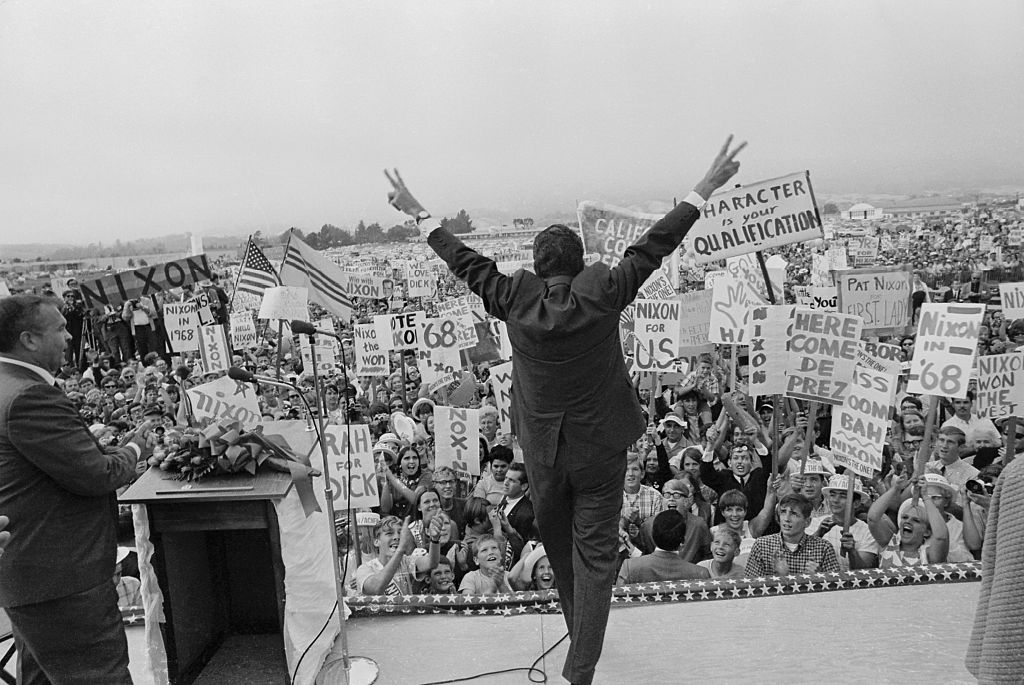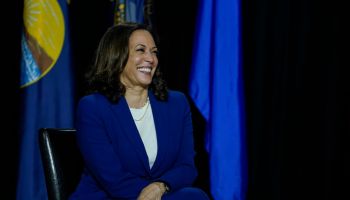
Source: Bettmann / Getty
N
ewsOne is back with Episode 4 of The Black Ballot, an exclusive new multi-episodic docuseries exploring the history of African Americans voting.
Each episode takes a deep dive into how American presidents’ decisions and policies have impacted the short and long-term trajectory of the conditions for African Americans, particularly as it pertains to voting.
Episode 4 focuses on the shifts within the American political landscape during the 1960s and the impact of these shifts on African American voters.
Clay Cane discusses the Republican Party’s decision in the 1950s and 1960s to distance itself from African American voters, a sentiment echoed by Jackie Robinson. Robinson compared the 1964 RNC Convention to being Jewish in Hitler’s Germany.
This decision solidified the party’s stance on white supremacy. Leading to the eviction of African Americans from the Republican Party, as stated by Black Republican Senator Edward Brook.
The episode then transitions to the rise of segregationist George Wallace and his impact on the political climate of the late 1960s. Wallace’s rallies, marked by racist rhetoric, are compared to modern political rallies, highlighting a legacy of isolating politics. Richard Nixon‘s political comeback is also examined, emphasizing his strategic use of appeals to the “silent majority.” A indirect term for disaffected white voters.
Professor Steven F. Lawson explains that Nixon used “dog whistles” instead of overtly racist language. Then, referring to terms like “law and order” to appeal to white voters disappointed with the Democratic Party.
Episode 4 offers a compelling look at how historical decisions and political strategies have shaped current political dynamics for Black voters.
Don’t miss out on this deep dive into the legacy of the Black vote and the continued fight for justice.
Stay tuned for future episodes of The Black Ballot.
SEE ALSO:
The Black Ballot: Unraveling The Legacy Of Civil Rights And Political Shifts In America
The Black Ballot: The Shocking Truth About Lyndon B. Johnson’s Fight For Black Voting Rights


